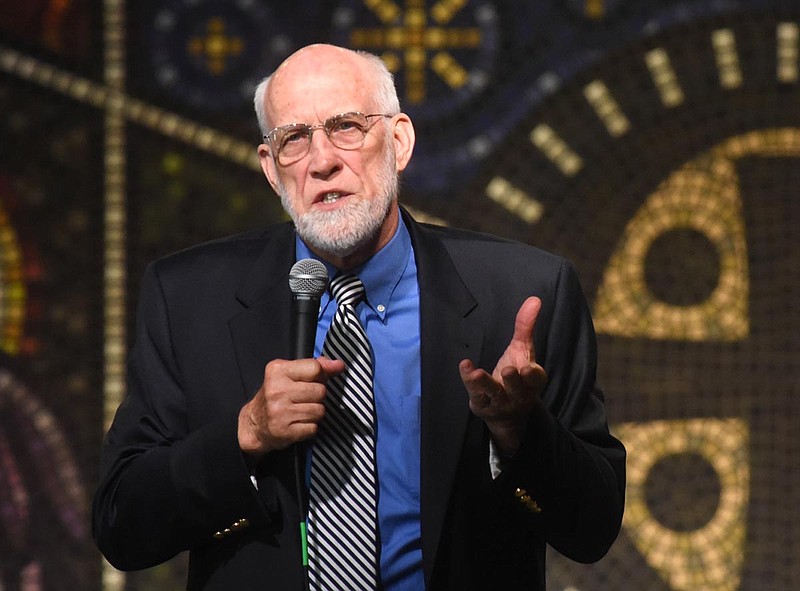What are transparency and trust worth in building a city? It's not a new question, but it is a hot button question now for Chattanooga. Transparency and trust are in the balance at the end of the 18-month-long Form-based Code process - a process being used by city government for creating new zoning codes for Chattanooga's downtown communities.
We started with high hopes. Open meetings at the Bessie Smith Cultural Center: large groups, small groups, honest, insightful interchange. Some remembered the "good old days" of Chattanooga Venture: openness, transparency, productive community discussions held in good faith. Those days were mirrored at the start of the Form-based Code process. Certain basics were decided in long meetings with give and take. Certain specifics were written on paper - not "forever" specifics, but solid enough so as not to disappear without new and acknowledged input at the next announced meeting.
Suddenly, somehow, a new meeting took place with only one view, one voice. We can only guess that a private group held a meeting with Chattanooga officials to which already engaged citizens were not invited. This group did not value our opinion. Nor, it seems, did the city officials who mediated that meeting. And when a crowd of involved citizens gathered for the next announced meeting, we learned that "stark opponents" had come forth to abscond with one of the basic agreements of the Form-based Code, as previously planned in open meeting. Agreed-upon language was slashed with red lines, thereby abolishing any need on the part of any developer to construct parking space for any resident of any new housing apartment or condominium built anywhere in a wide swath of what is called "Downtown Chattanooga," from across the Market Street Bridge in North Chattanooga past Main Street on the Southside. In effect, it meant: "Put all residents' cars on the already crowded streets!"
We learned that it was a group - small group? large group? self-selected group? - of developers who had appeared somehow without the rest of us knowing. And yet, developers are professionals we need. They dream; they plan; they build, and - at their best - they have the highest regard for the residents for whom they build. For the best of the best, it's not just the almighty dollar on their minds. The future residents of those buildings are their clients for whom they care. The best developers even care about the rest of us and our friends and other tourists who are visiting our city, because all those persons use our streets, our shops, our offices, our restaurants. They, too, deserve the developers' respect.
The best and most ethical of developers are remembered as: "He achieved this for Chattanooga," and "She was the foresighted developer who made this happen for our city." But now we had to ask: "Why would someone in a leadership position with the Form-based Code process allow the process to be subverted?" Is the transparency over?
When a building is built, it's long term. It's not today and tomorrow. It's today and thousands of tomorrows. It's not for several dozen citizens. It's for hundreds, sometimes thousands of citizens over the lifetime of that decision. And that building in so many ways - not just in total number of parking spaces - but also in total building height in relation to other contiguous homes or buildings, etc. - is important for the quality of our lives.
What has happened in Chattanooga in the last month of this long planning process should never have happened. Elected officials, developers, city planners and attorneys must make their stand: "We care about fairness and a good result in the workplace. We want the best for all citizens and our community. We will protect openness and transparency in the daily life of our city and county governments."
We can do this, Chattanooga. This must be "the Chattanooga Way."
Franklin McCallie, a retired educator, is a social justice advocate.
